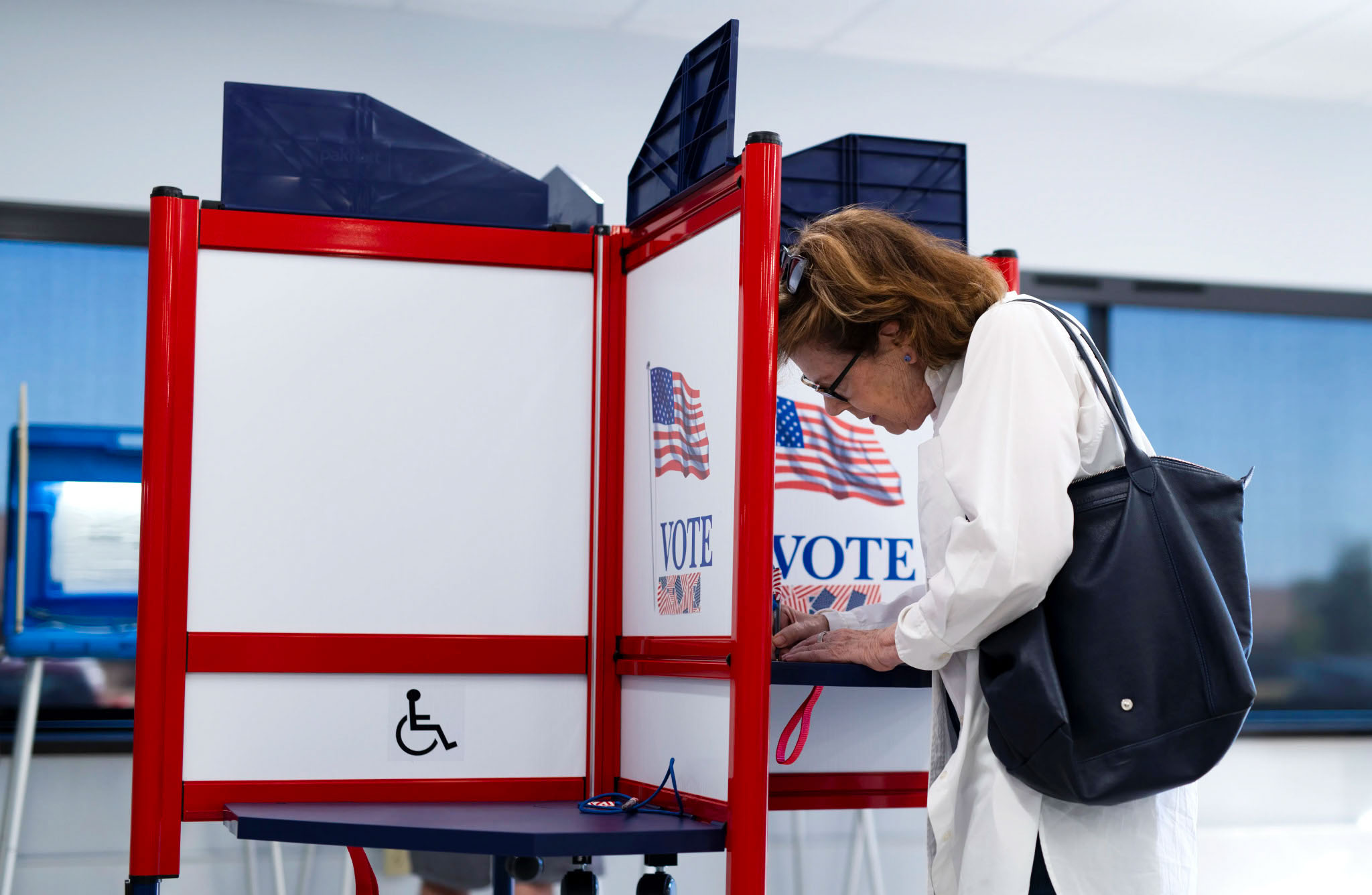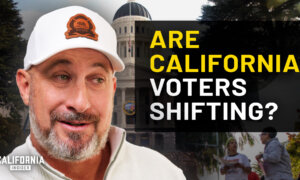More than 400,000 people have voted early or returned mail-in ballots for the November election as of the afternoon of Sept. 29, according to a university’s tracking website.
Election Day for the 2024 General Election is Tuesday, Nov. 5.
Early Voters
As of the morning of Sept. 29,
according to the University of Florida’s Election Lab, 426,298 had voted. Of that number, 213,620 voted early in person, and 212,708 returned mail-in ballots.
Meanwhile, 45,020,537 mail ballots had been requested as of Sept. 29, it also showed.
States currently reporting early or mail-in votes are Colorado, North Dakota, South Dakota, Minnesota, Iowa, Nebraska, Michigan, Indiana, Vermont, Pennsylvania, Virginia, North Carolina, South Carolina, New Jersey, Maryland, Georgia, Florida, and Connecticut.
“As of now, most states are only reporting mail ballot request statistics,” the university says. “In some states these statistics are drawn from ballot request data files and in others—such as the all-mail ballot states—they are implied by the most recent counts of active registered voters.
Broken Down by Party, Age, and Race
Of the states that provide party registration data, 64 percent—or 49,045—of those voting early or returning mail ballots are Democrats, and 19.5 percent—or 14,948—are Republican. About 16.6 percent—or 12,693 voters—who returned early ballots are unaffiliated or belong to another party.
The vast majority of people who have voted early or submitted mail-in ballots are 40 or older, the data show. Thirty-seven percent of voters in states that report age were over the age of 65, and 34.8 percent are aged 41 to 64. The remainder are under 40, with only 8.5 percent of people aged 18 to 25 having voted already, while 19.7 percent aged 26 to 40 have voted early.
About 60.4 percent of early voters so far in the three states that report race are non-Hispanic white people, 5.7 percent are black, 2.8 percent are Hispanic, 2.9 percent are Asian, and 0.2 percent are Native American, according to the election website. Nearly 30 percent were marked as “other/multiple/unknown,” it shows.
For states that provide gender data, 48.1 percent are male, 45 percent are female, and 6.9 percent were marked as “unknown,” it shows.
A poll from NBC News found that half of registered voters say they will vote early this fall. About 51 percent say they will vote early by mail or in person, according to the survey.
Warnings This Month
Although voting by mail has become more popular since the COVID-19 pandemic, a coalition of officials has
warned that ongoing problems with the U.S. Postal Service might cause delays and other issues.
But the head of the USPS, Louis DeJoy, responded by saying that the Postal Service is ready for the 2024 election.
“The most common reason that a mailpiece is returned to sender is poor address quality, but we are working to ensure that whatever the cause, we resolve the issue quickly,” DeJoy wrote in a letter on Sept. 13.
He was responding to a letter from the National Association of State Election Directors and the National Association of Secretaries of State. The associations said they’ve seen reports of properly addressed election mail being returned, which could cause voters to become inactive. Other issues flagged in their letter include mail-in ballots being postmarked on time but arriving days after the deadline.
Late Changes Made
In recent days, Georgia and Arizona have both required election workers to do hand counts at polling sites on Election Day. Election officials say it could delay the reporting of results.
The Georgia State Election Board passed the new rule earlier this month. It requires that the number of ballots—not the number of votes—be counted by hand at each polling place by three separate poll workers until all three counts are the same.
A similar change to state law this year in Arizona requires counties to hand count ballot envelopes dropped off at polling centers on Election Day before the ballots are tabulated.
In Pennsylvania, a legal battle is pending at the state Supreme Court that could decide whether counties must count provisional ballots cast by voters whose mail-in ballots were rejected for relatively minor mistakes, such as not inserting the ballot into an inner secrecy envelope. Practices vary by county, and state law is silent on it. Republicans have said that nothing in state law explicitly allows a voter to cast a provisional ballot in place of a rejected mail-in ballot.
The Associated Press contributed to this report.









